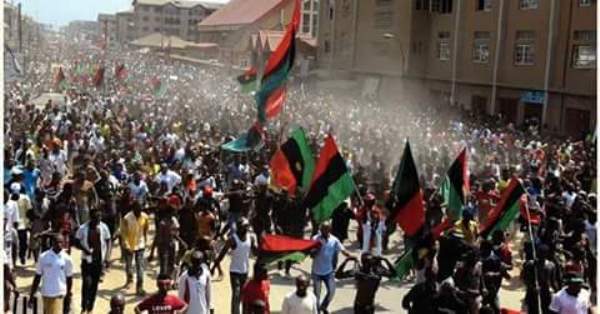
THE TRAGEDY OF REVOLUTION
(A Warning to Nigerian Political Leaders)
No revolution has ever occurred in history with the ruling class thinking it will ever come to pass. They always trivialise it and ignore the general discontentment and resentment of the people towards the political establishment.
Before the french revolution in 1789, there was general resentment by the people, of the privileges enjoyed by the clergy and the aristocracy. They also complained of unpopular taxation schemes which were heavily regressive. But the institution appeared to ignored them and the inevitable happened: The monarchy was overthrown and feudalism abolished, the people enthroned republicanism and democracy. Midway into the 10-year revolution in 1793, the monarch, King Louis XVI, was executed.
It has been established over the years that the primary causes of every revolution is the widespread frustration with the economic and socio-political situation of a country.
In Nigeria today, there have been a popular resentment of privileges enjoyed by the political class over the years which is one of the highest, compared to other political office holders, in world. Hence a wide gap between the ruled and the ruler, the rich and the poor, which causes disconnection and societal disequilibrium in the socio-political system of Nigeria, coupled with the incessant killings, injustices, nepotism, unemployment and high scale corruption in the land.
Historically speaking, with all indices on ground, Nigeria is due for a revolution. It’s only a failed and dysfunctional state like Nigeria will have over a million of its graduates applying for a temporal federal government job (N-Power) whose monthly remuneration is less than $85 US dollars (N30,000), in less than 2 weeks of its advertisement. In a sane country nobody will give a $100 monthly job a serious thought.
I think it was IBB who once said that it still remains a miracle why Nigeria has not disintegrated. Based on my analysis, it is due to the heterogeneous nature of Nigeria that made it nearly impossible for a holistic revolution to be done – because of the huge disparity among various ethnic nationalities – with the northern region satisfied with its political feudalism and monarchical institutions while the southern region, especially the east, being purely republican and democratic in nature.
Even if the first military coup led by Nzeogwu had succeeded, it would still not have salvaged the country because it would still be viewed with a tribal prism, as an ethnic domination of other tribes. This could be evident from the state-sponsored pogrom against the Igbo that followed it after the failure of the coup.
After that, other coups that happened were just what Fela called, “Soldier go, Soldier come,” They were a mere transition from of one hegemonic fulani to another. The only coup that could have salvaged this country is the







